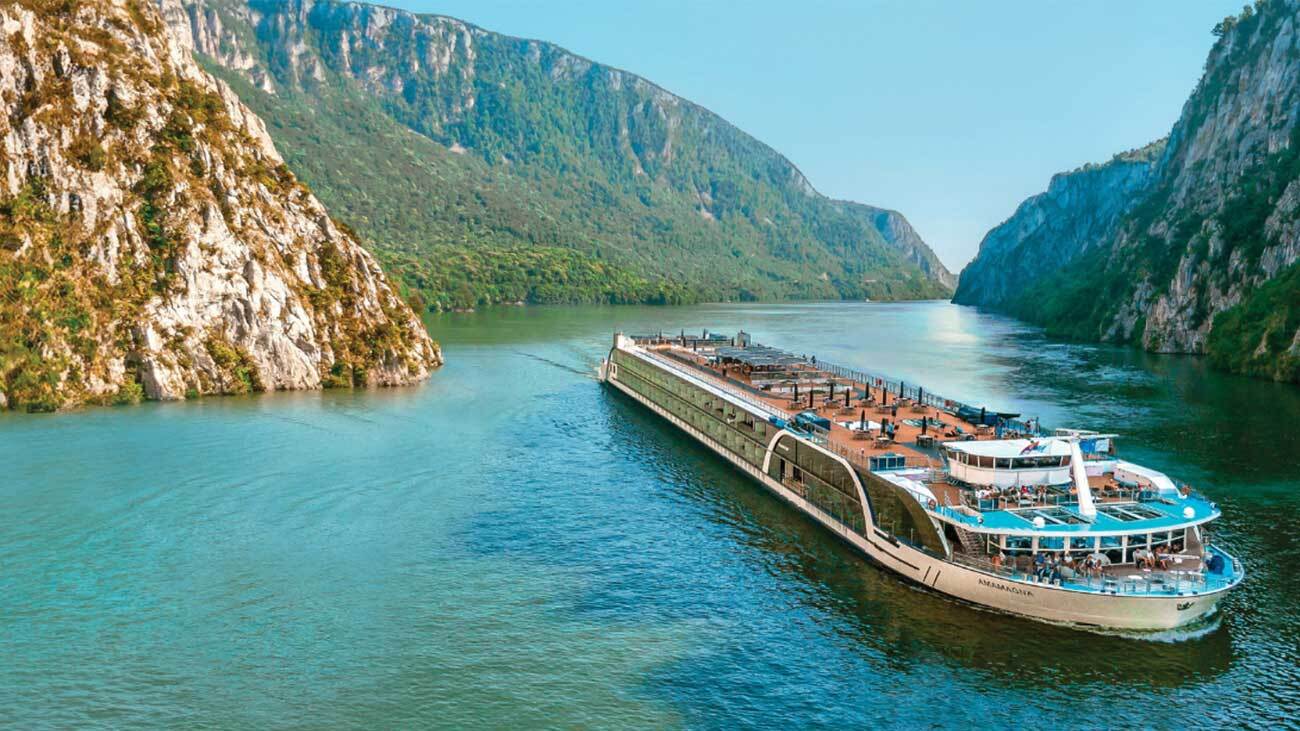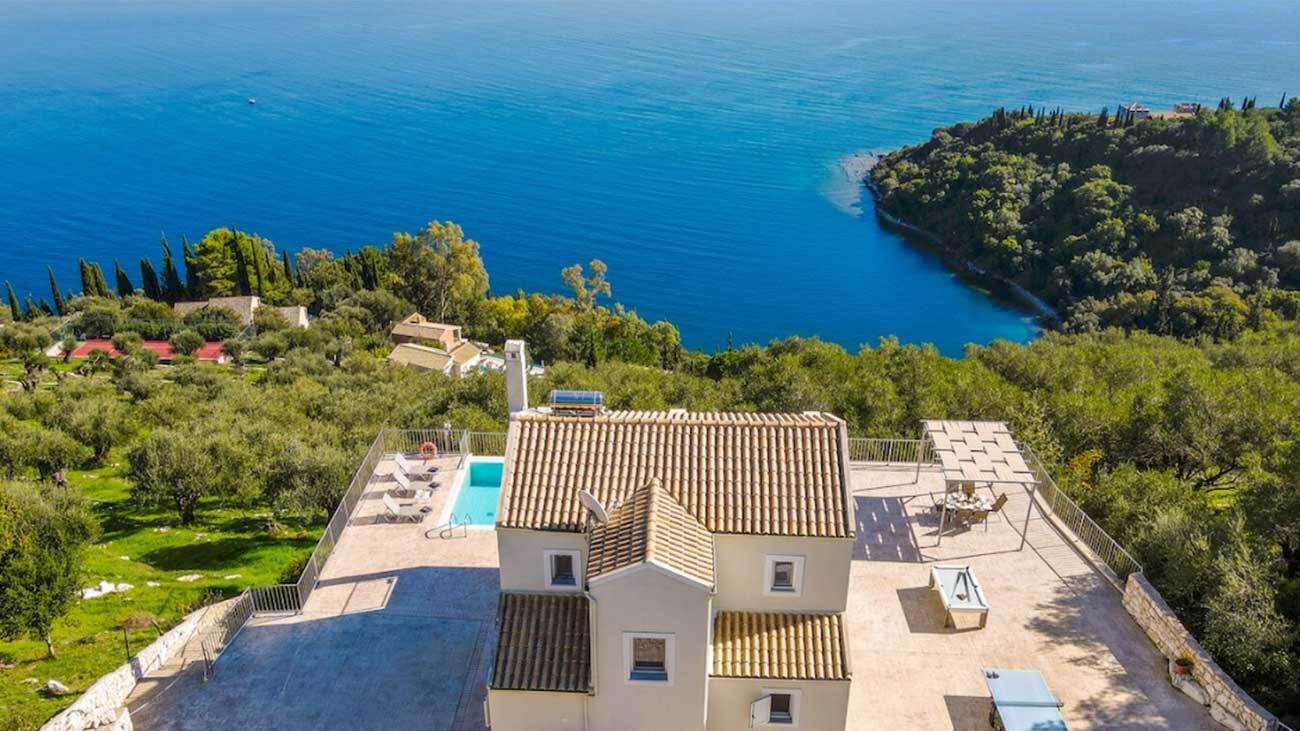48 hours in Athens
Protests returned to Athens in late September, reviving images from earlier in the year. But they do not represent the city that tourists see.
A decade ago Athens was a city clogged by traffic, its centre a hazard to pedestrians, its ancient monuments in decay, its surrounding hills cloaked for most of the year in a noxious cloud the Greeks called the nefos.
Now a modern metro whisks you around the city in minutes, traffic is perhaps one-third of what it was, the ancient heart of the of city has been pedestrianised and the Acropolis stands revealed in all its glory, topped off by one of the world’s newest and most glorious museums.
Athens was always a great place to eat. Now it has the kind of fashionable restaurants, hotels and nightlife to go with its marvellous food.
What is more, the city’s people could not be more welcoming. Recognition of the value tourism brings is tangible, meaning it is as good a time to visit Athens as there has ever been.
It could suit clients looking for a city-break with a difference or a stop-over on the way to the Greek islands.Some might even be tempted to combine the two given that the gorgeous, traffic-free island of Hydra lies just two hours away by fast ferry.
10:00: The Acropolis and the Parthenon that sits upon it are unmissable. Time your visit in the morning (or late afternoon) or it may be too hot to explore. Take the metro to Acropolis station, where a cross-section of the central sewer of Classical Athens is exposed. Emerge into the pedestrianised area of the ancient city and climb the Acropolis (the hill) to the Parthenon. This is among the world’s greatest monuments, on a par with the Pyramids of Giza and the Roman Colosseum, and it does not disappoint.
13:00: Take refuge in the air-conditioned Acropolis Museum. The perfect complement to what you’ve just seen, it brings Classical Athens to life. Entrance is just €5, and it’s a great place for a quick lunch. The collection is huge, but presented in a manageable way with good explanatory text in English.
16:00: With the sun lower, venture out to wander the Ancient Agora (the Greek forerunner of the Roman forum) to the northwest of the Acropolis and take in views across the city and its surrounding hills.
21:00: Dine at the Aigli restaurant in Zappeion. It was the royal gardens of Athens and garden tables have views of the floodlit Parthenon. The food and local wines are excellent.
01:00: Athens is famous for its nightlife. When a culture minister imposed a 2am curfew on restaurants and bars some years ago, it triggered such protests the government had to relent. But if you plan an early departure to Hydra in the morning, perhaps the hotel beckons.
09:00: Take a 15-minute taxi ride to the port of Pireas. Pre-book a crossing on Hellenic Seaways’ Flying Dolphin services to Hydra, an island about 45 miles and two hours away. The fare is €25.50 one way.
12:00: Hydra is one of the Saronic Islands, lying just off the Peloponnese mainland. Wander around the town’s glorious ensemble of stone buildings and former merchants’ mansions that cluster around the harbour.
13:00: Eat lunch in one of the many harbour-front restaurants if the view is paramount, or walk a few yards uphill away from the water for tavernas with better food and cheaper prices.
15:00: Take a boat trip from the harbour around the island’s beaches – most are pebbled but the atmosphere is tranquil, the water is clean and there are pretty cafes to sit in.
20:00: Dine outside at the Omilos restaurant and club where, if you have a table out over the sea you may well be sitting where Aristotle and Jacqueline Onassis regularly dined when on the island. The restaurant morphs into a club around midnight.




